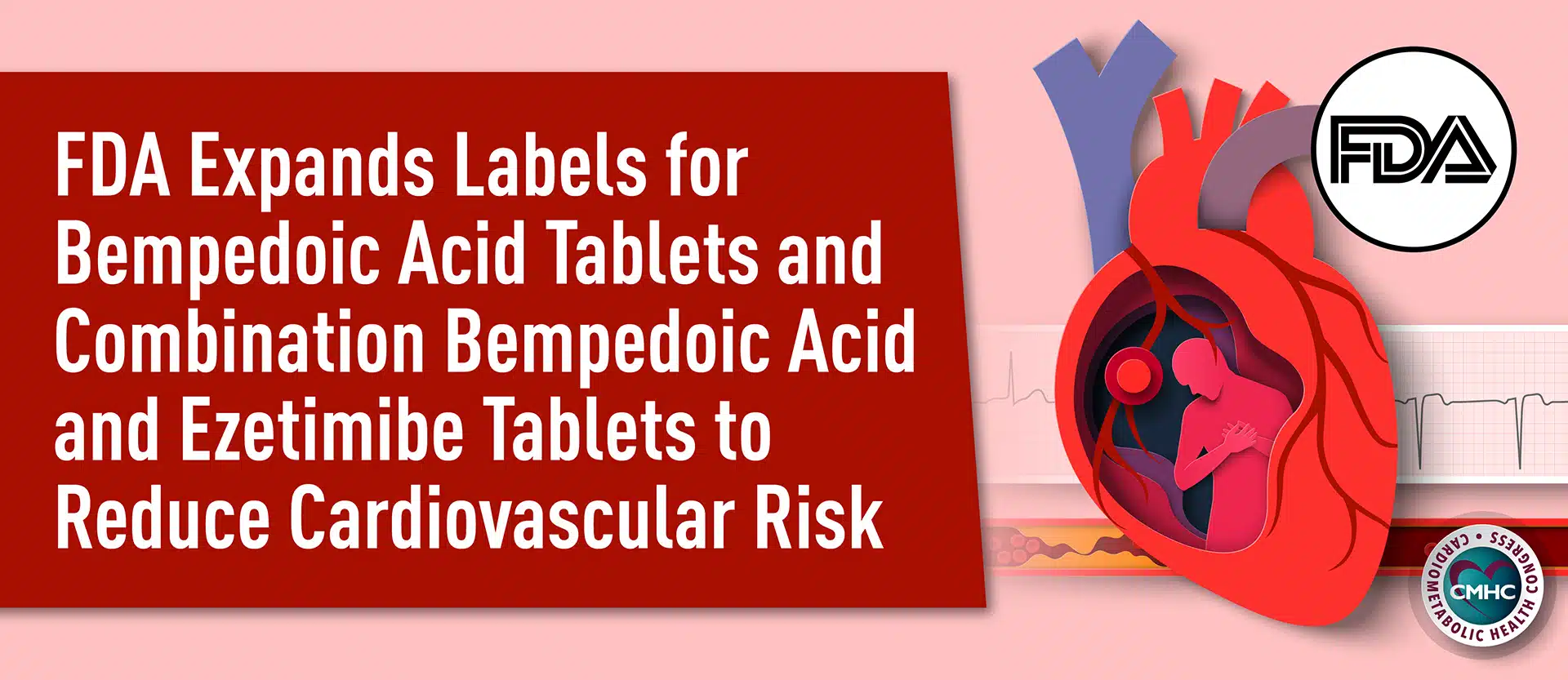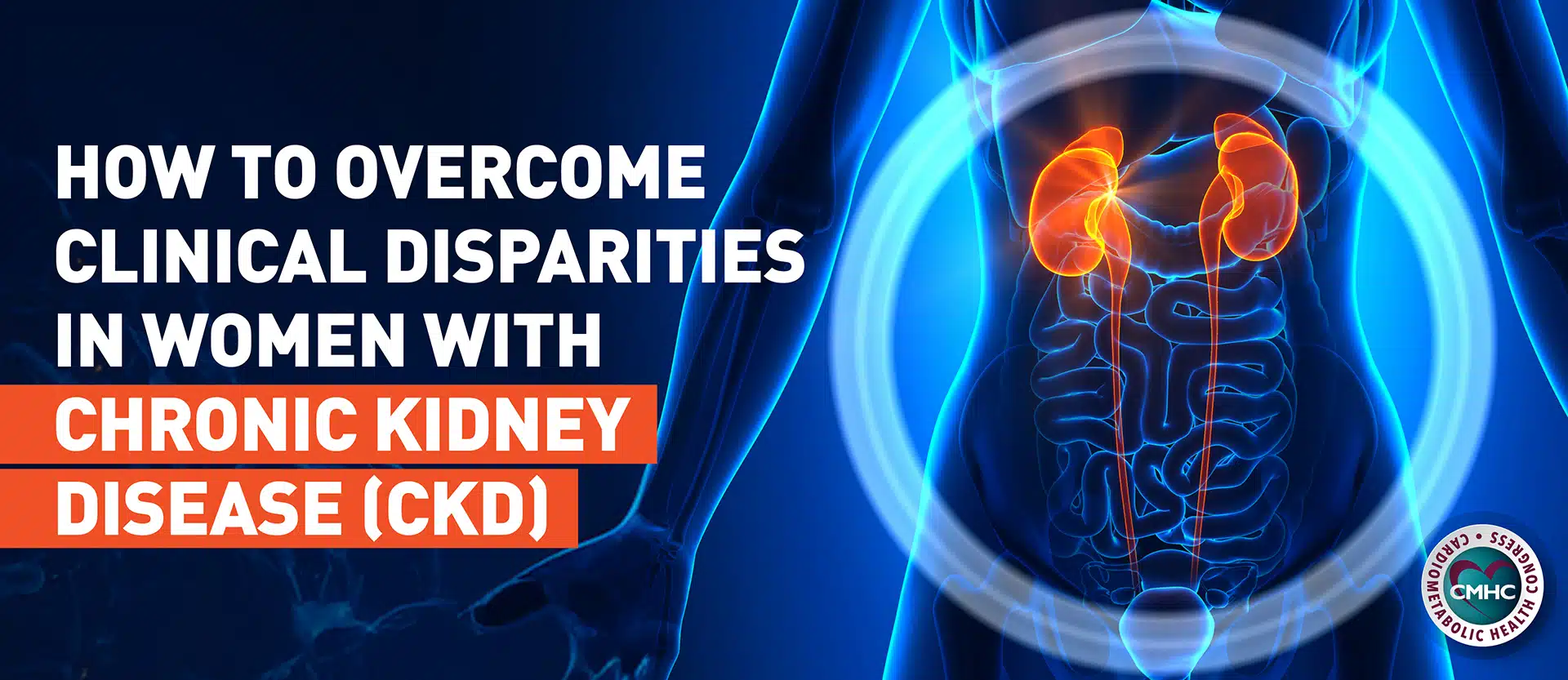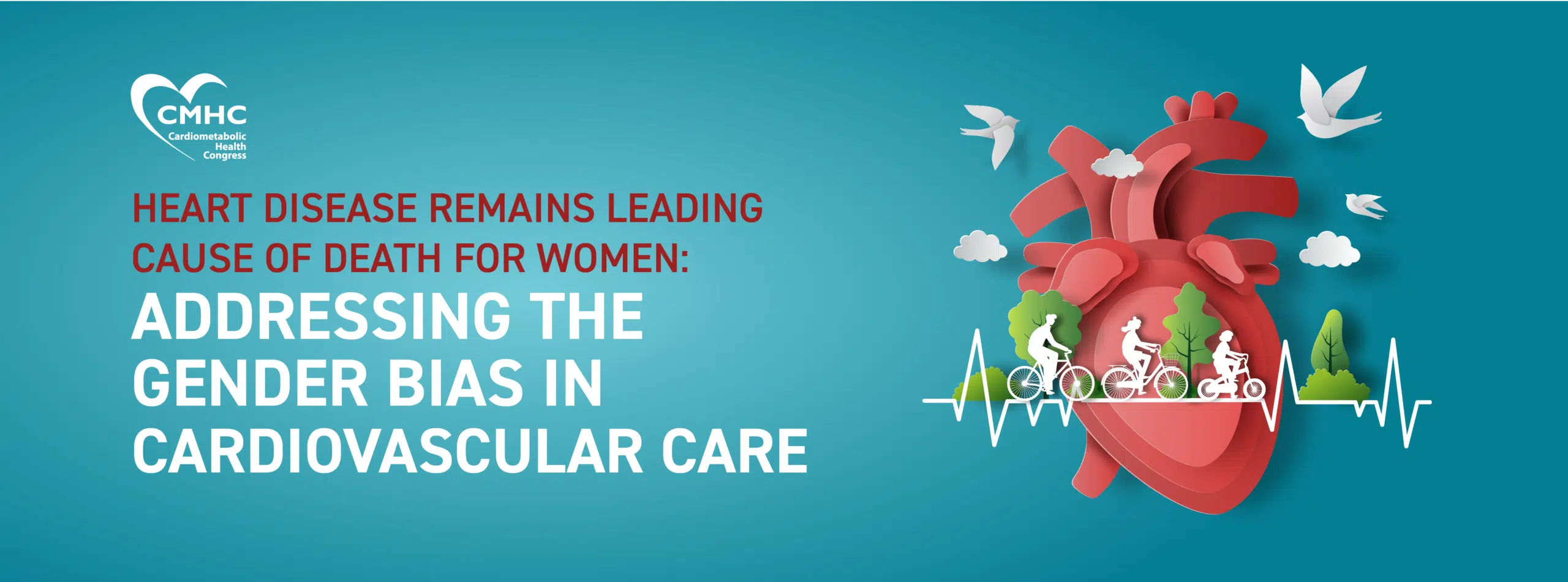A recent study published in the International Journal of Epidemiology has found that eating meat regularly is associated with a 60 percent increase in the risk of heart disease, while plant-based proteins have been found to benefit the heart. Researchers who investigated the effects of different sources of protein on the heart found that people who consume a large amount of meat saw a sharp uptick in the baseline risk of cardiovascular disease; conversely, eating protein from sources like nuts and seeds was linked to a 40 percent reduction in CVD.
Scientists analyzed data from over 81,000 participants of the Adventist Health Study, all of whom filled out questionnaire regrading their eating patterns between 2002 and 2007. The authors stated that the link between heart disease and diet was most apparent before participants reached old age, leading them to believe that choosing healthy protein sources is an important factor in preventing avoidable deaths. “Our results suggest that healthy choices can be advocated based on protein sources, specifically preferring diets low in meat intake and with a higher intake of plant proteins from nuts and seeds,” the authors wrote.
The study sheds light on the perception that perceived “bad fats” in meats and “helpful fats” in nuts are the culprits of cardiovascular disease. One of the study’s lead authors, co-author Dr. Gary Fraser of Loma Linda University, stated: “This new evidence suggests that the full picture probably also involves the biological effects of proteins in these foods.” He also highlighted the author’s choice of differentiating between meat and nuts and seeds, rather than animal and plant proteins in general. “This research is suggesting there is more heterogeneity than just the binary categorization of plant protein or animal protein,” Fraser said.
The findings suggest that scientists should look more deeply into how the proteins affect heart health: specifically, the amino acids in meat proteins that lead to CVD. Further research is also necessary to determine if different protein sources affect heart disease risk factors, including blood lipids, blood pressure and weight. Dr. Jo Ann Carson, chair of the American Heart Association nutrition committee and professor of clinical nutrition at the University of Texas Southwestern Medical Center, told Newsweek: “The American Heart Association is continually reviewing emerging nutrition science, like this study, and then public health recommendations are made after weighing all of the evidence. The current body of research supports an overall healthy eating pattern that emphasizes fruits, vegetables and whole grains; includes low-fat dairy products, poultry, fish and nuts; and limits red meat, sweets and sugar-sweetened beverages. Lean meat and poultry would typically not exceed 5 oz per day on a 2,000 calorie diet, and nuts and seeds would be included at least several times per week.”
This study is the latest to find a link between meat and poor health. In 2015, the World Health Organization issued a report that warned that processed meats such as bacon, sausages, and ham cause cancer. Eating 50 grams of processed meat, or less than two slices of bacon, increased the risk of developing colorectal cancer by 18 percent; red meats were classed as “probably carcinogenic.”
SOURCES
https://www.care2.com/greenliving/meat-proteins-increase-cardiovascular-risk-while-plant-proteins-do-the-reverse.html
https://news.yale.edu/2018/03/22/study-probes-role-key-protein-linked-heart-disease-diabetes
http://www.newsweek.com/meat-proteins-heart-disease-risk-plant-based-diets-benefit-cardiovascular-869896

















